It almost feels like I need to remind people that Hollywood is all but shut down as a result of parallel strikes – by the Writers Guild of America (WGA), and the actors union SAG-AFTRA – that have led to most work in entertainment coming to a standstill. Of course, in looking over the trade publications the strikes are center-stage news, yet beyond the industry, there is not much in the way of support or interest. Look over social media and you do not see much in the way of postings on the matter.
This lack of public support is possibly leading to the lack of any encouraging negotiations. Absent that outrage from the customer base it almost seems the studios are content to wait things out a while longer. Meanwhile, internally there are other problems emerging. While the WGA and the body representing the studios, AMPTP, are struggling to even agree on terms to meet there are tensions rising inside the WGA itself.
Reports from The Wrap state that there have been very heated discussions between the WGA leadership and some of the prominent writers in the guild, who have been pushing for the WGA to negotiate in better faith to bring a resolution to the four-month work stoppage. For example, the two bodies have not met in earnest since mid-August, and a current issue that has them at loggerheads is over which side will first present the next set of contract proposals.
During this stalemate, the calendar continues and there are daytime talk shows set to begin their new season. One that has turned heads is the announcement that “The Drew Barrymore Show” began production this week, prepping to start with new shows next week. This has raised the ire of writers who are questioning whether this means the show will be employing scab writers, and how is SAG member Barrymore permitted to be on the air. This calls up the complex framework of the guilds within the industry.
To start, SAG-AFTRA has multiple contract levels with studios and production companies that affect the work of its members in differing ways. To understand, the guild covers more than just actors in film or TV, as it includes all of those who are performers. Talk shows, radio personalities, actors in commercials, voice-over artists, and those in many other media are included.
Various sectors have different contracting standards, so while most performers have walked out, the non-dramatic television members, such as talk shows and broadcast news journalists who are union members are exempted and can work (I recently covered the conflict of interest this presented, as news personalities could vote for a strike while not directly impacted, as well as calling into question their bias in reporting on the strike they supported). As for Barrymore, this means while she cannot work or promote content regarding acting roles she can retain her position hosting her daytime show.

But there are other questions. The announcement of her starting production drew concerns from WGA members about the use of scab writers. Other shadows, like “The View”, have been on the air with non-union writers, yet there has not been the same level of outrage, for some reason (On Fox News, Greg Gutfeld has remained on the air largely because WGA writers refuse to work with him). Barrymore going back to work has been a concern, however.
Sooo who is writing her opening monologue and literally everything else on this show when it starts up again next week? Scab writers?! Ughhhh gross Drew Barrymore. Gross. https://t.co/Li1hthpUm7
— Felicia Day🇺🇸 (@feliciaday) September 11, 2023
This is where the myopic focus of the WGA members is revealed. Ms. Day can declare it to be “gross” that Barrymore would fire her show back up, but this ignores some of the hard realities involving this strike. Drew might offend the handful or so writers who choose to walk out, but she sees fit that far more workers on her staff continue to have jobs and collect their income. The fact their shutdown of Hollywood is affecting far more people is something these striking members want to avoid addressing.
With work not taking place crews and all the support staff of productions are also directly impacted. It was measured that in August over 17,000 jobs have effectively been lost as a direct result of the strike. This is a number likely to rise, as the past couple of weeks has seen a flood of announcements from studios that they are suspending production deals with entities, meaning that sustained payments over the past few months will no longer be made.
And while this takes place the writers are making a rather daft lobbying effort. The WGA is trying to get the state of California to approve paying unemployment insurance to the writers who have spent months on their walkout. That is, they want to be paid for voluntarily not working. Unless that is a spec script for a comedy, this is some writing likely to be rejected by anyone with common sense, but this is an industry that operates with an abject lack of pragmatic thinking.
Demanding to be compensated for walking out of work is the very kind of proposal that will only broaden the apathy seen in the general public. They can go without working, and we can go without their product.
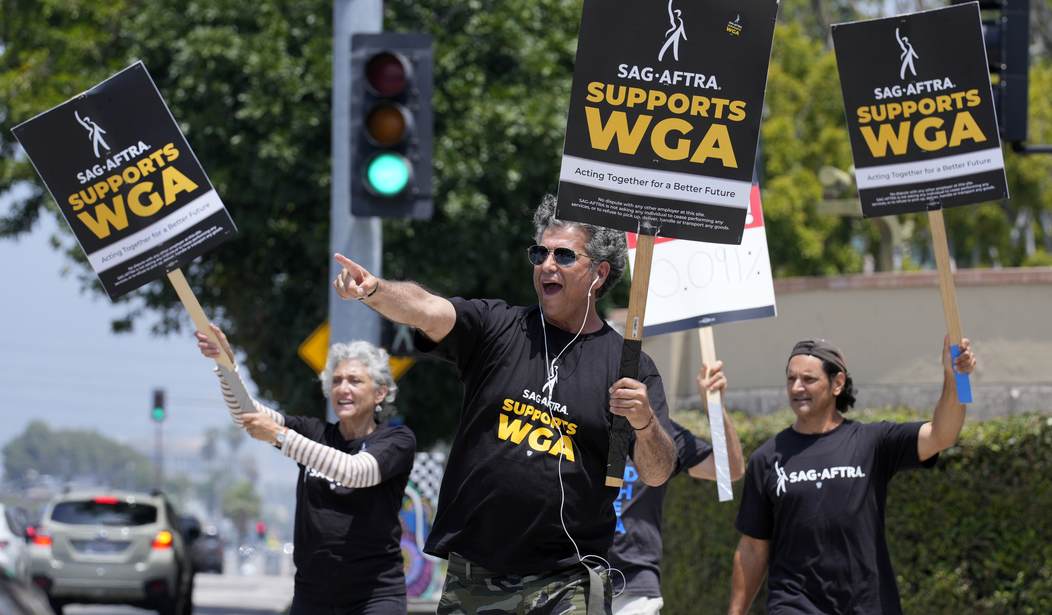



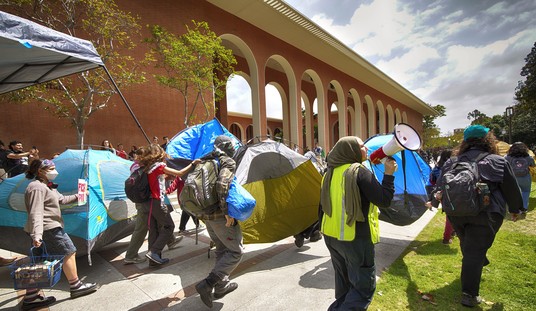
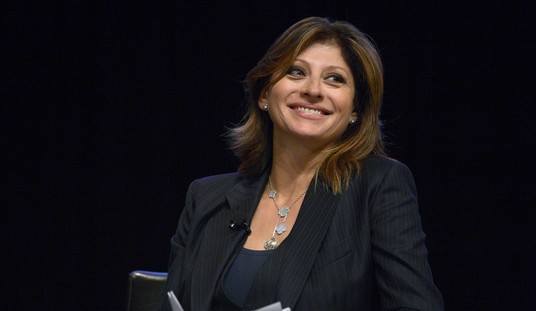




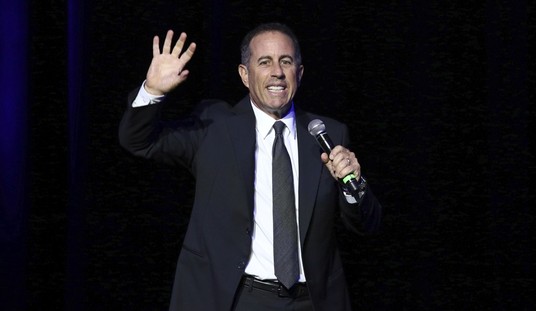
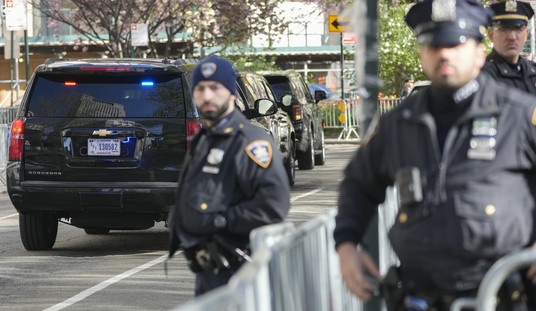

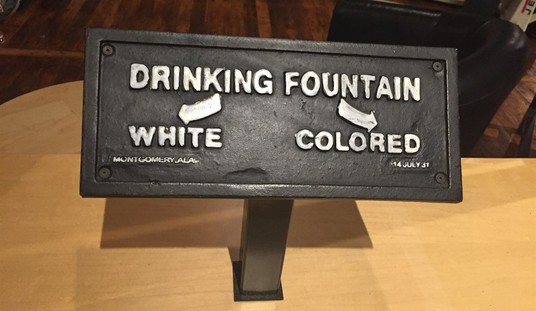
Join the conversation as a VIP Member